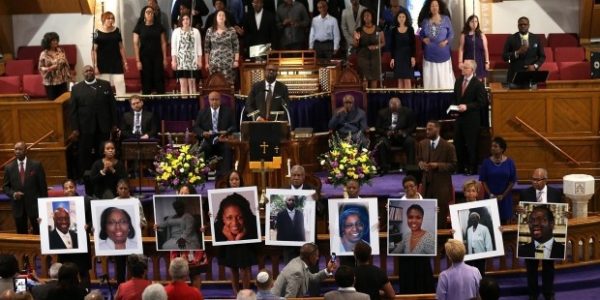It supports the notion that racism is of the past.
While this narrative is believed to be a coping mechanism for Black people, it only seeks to comfort the guilt of white people. It completely disregards the hundreds of years of suffering that Black people have endured and implies that it is the obligation of the Black race to forgive every racist, horrendous act that has been committed. In fact, The New York Times released an article, titled “Why I Can’t Forgive Dylann Roof,” that states the following: “The call for forgiveness is a painfully familiar refrain when black people suffer. White people embrace narratives about forgiveness so they can pretend the world is a fairer place than it actually is, and that racism is merely a vestige of a painful past instead of this indelible part of our present.”
It humanizes racial terrorists.
This particular narrative implies that terrible acts committed against Black people must have had an understandable reason behind them. It, in essence, justifies white people’s racial acts of terrorism. For instance, The New York Times’ article expresses that the media have “tried to understand Dylann Roof’s hatred because surely, there must be an explanation for so heinous an act.” This narrative wrongly suggests that hatred and racism cannot be the only motives for hate crimes; it infers that the Black victims must have done something to deserve their maltreatment.




